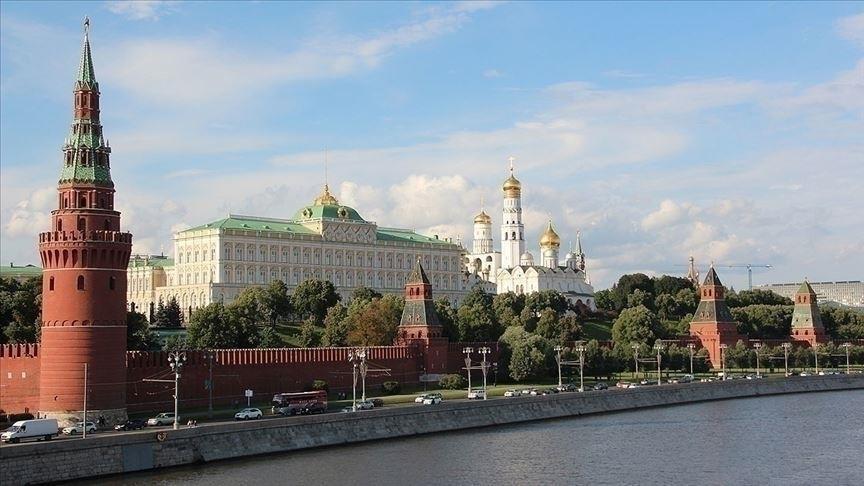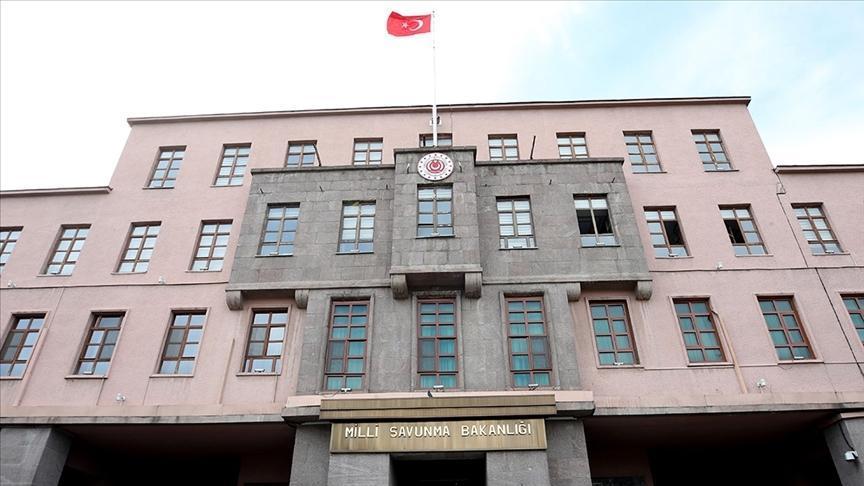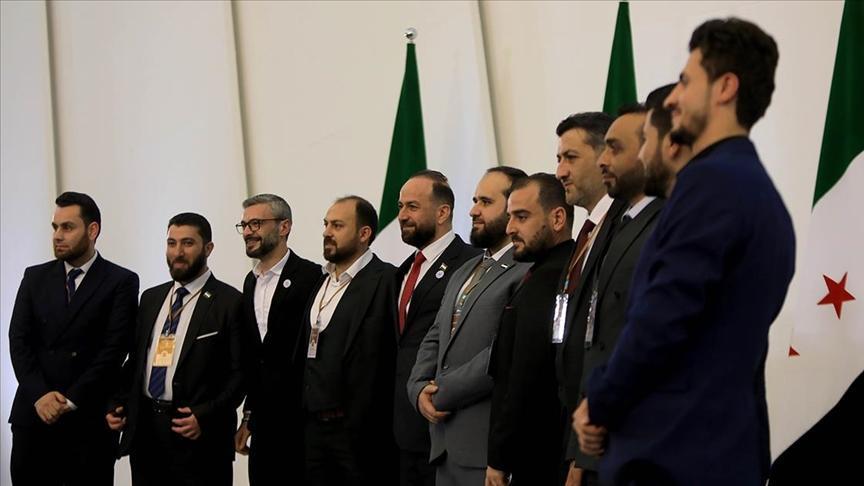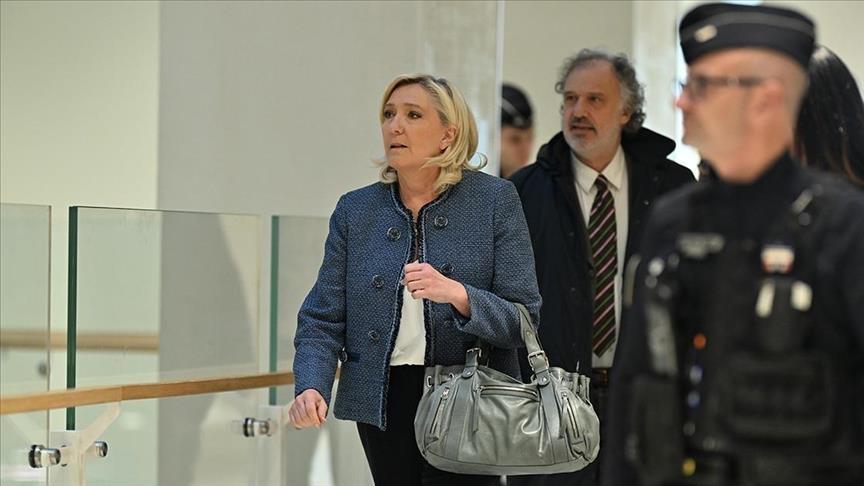Colombia's Santos vows to thwart Nicaragua's 'expansionist plans'
BOGOTA - Reuters
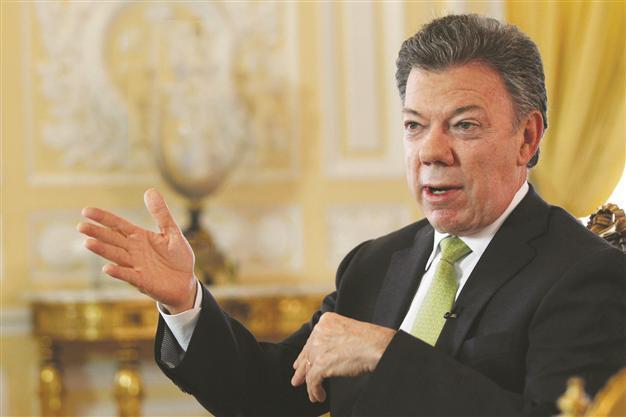
Colombia’s President Juan Manuel Santos gestures during an interview at the presidential palace in Bogota on Aug 8. AP photo
Colombian President Juan Manuel Santos said on Monday he will do everything in his power to prevent Nicaragua's "expansionist" ambitions over domestic territory and called an international court ruling that gave waters to Nicaragua inapplicable.After years of diplomatic wrangling, the International Court of Justice in November drew a demarcation line in favor of Nicaragua, reducing the expanse of ocean belonging to Colombia and sparking a diplomatic dispute that led both sides to send armed vessels to patrol the contested waters.
Colombia has been angered by Nicaraguan President Daniel Ortega's plans to allow foreign companies to explore for oil in Caribbean seas that Colombia maintains are its own and Santos has ordered his navy to remain in the disputed waters.
Santos said Nicaragua also wants to push its maritime borders closer to the historic city of Cartagena.
"Colombia is confronting, and will confront, such expansionist pretensions with all the determination and rigor it requires," Santos said in a televised national address.
"What I guarded as a sailor and defended as a minister, I will protect until the ultimate consequences as president," said Santos, a former defense minister and navy cadet.
Describing the court ruling as "not applicable," Santos said he would oppose any attempt by Nicaragua to extend its sea frontier toward Colombia and has a series of technical and judicial arguments ready to press its case, which he declined to reveal.
Any sign that Colombia is headed for victory in the dispute could give a boost to Santos whose approval ratings are just 21 percent, according to a recent Gallup opinion poll. He must say by November whether he will run for a second presidential term in elections next May.
In a strongly worded address sure to raise the hackles of leftist Ortega, Santos said the ruling would only be applicable if it was accompanied by an international treaty which would be subject to congressional approval required by Colombia's constitution.
The government has already withdrawn from the so-called Bogota Pact, a treaty under which signatory countries agreed in 1948 to recognize rulings by the International Court of Justice and to find peaceful solutions to their conflicts.
Santos, 62, a Harvard-educated scion of one of Colombia's most influential families, stopped short of saying he would not abide by the ruling and he has stated in the past that Colombia would not go to war to resolve the dispute.
The Hague-based World Court's decision increased the size of Nicaragua's continental shelf and economic exclusion zone in the Caribbean, which gives it access to underwater oil and gas deposits as well as fishing rights.
Ortega has already begun to carve up areas to offer for oil and gas exploration, enraging Colombians. But he has also indicated he may be willing to discuss the maritime boundaries set out in the court ruling.
In 2007 the court ruled that three large islands in the maritime area - San Andres, Providencia and Santa Catalina - belong to Colombia. The islands are a popular holiday destination for Colombian and foreign tourists.


